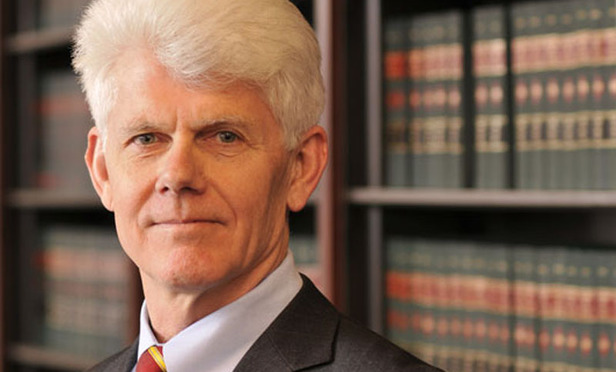In the field of logic, an “argument from authority” (that is, an argument based on a pronouncement of an expert) has only limited force.1 It leaves out step by step deductions, tends to depend on the status of the expert, and often fails to account for other experts of different opinion. Similar concerns are reflected in the trial court “gatekeeper”2 examination of expert proof, which ensures that expert opinion testimony will be both relevant and reliable.3 The trial court guards against the expert transgressing the factfinder’s prerogatives through a multifaceted, highly discretionary review that depends on the facts and circumstances of individual cases.4
As Patrick Connors, Albany Law School professor and New York Practice author, notes in his commentary to CPLR 3101: “when experts are called to testify, the stakes are usually high and the case may rise or fall based on the presence and quality of expert testimony.”5 The legislative history for CPLR 3101(d) similarly recognized that “the testimony of expert witnesses is often the single most important element of proof in medical malpractice and other personal injury cases.”6 Because of this importance, substantial discretion also is needed to adjudicate fair procedures for pretrial expert disclosure.
This content has been archived. It is available through our partners, LexisNexis® and Bloomberg Law.
To view this content, please continue to their sites.
Not a Lexis Subscriber?
Subscribe Now
Not a Bloomberg Law Subscriber?
Subscribe Now
LexisNexis® and Bloomberg Law are third party online distributors of the broad collection of current and archived versions of ALM's legal news publications. LexisNexis® and Bloomberg Law customers are able to access and use ALM's content, including content from the National Law Journal, The American Lawyer, Legaltech News, The New York Law Journal, and Corporate Counsel, as well as other sources of legal information.
For questions call 1-877-256-2472 or contact us at [email protected]



